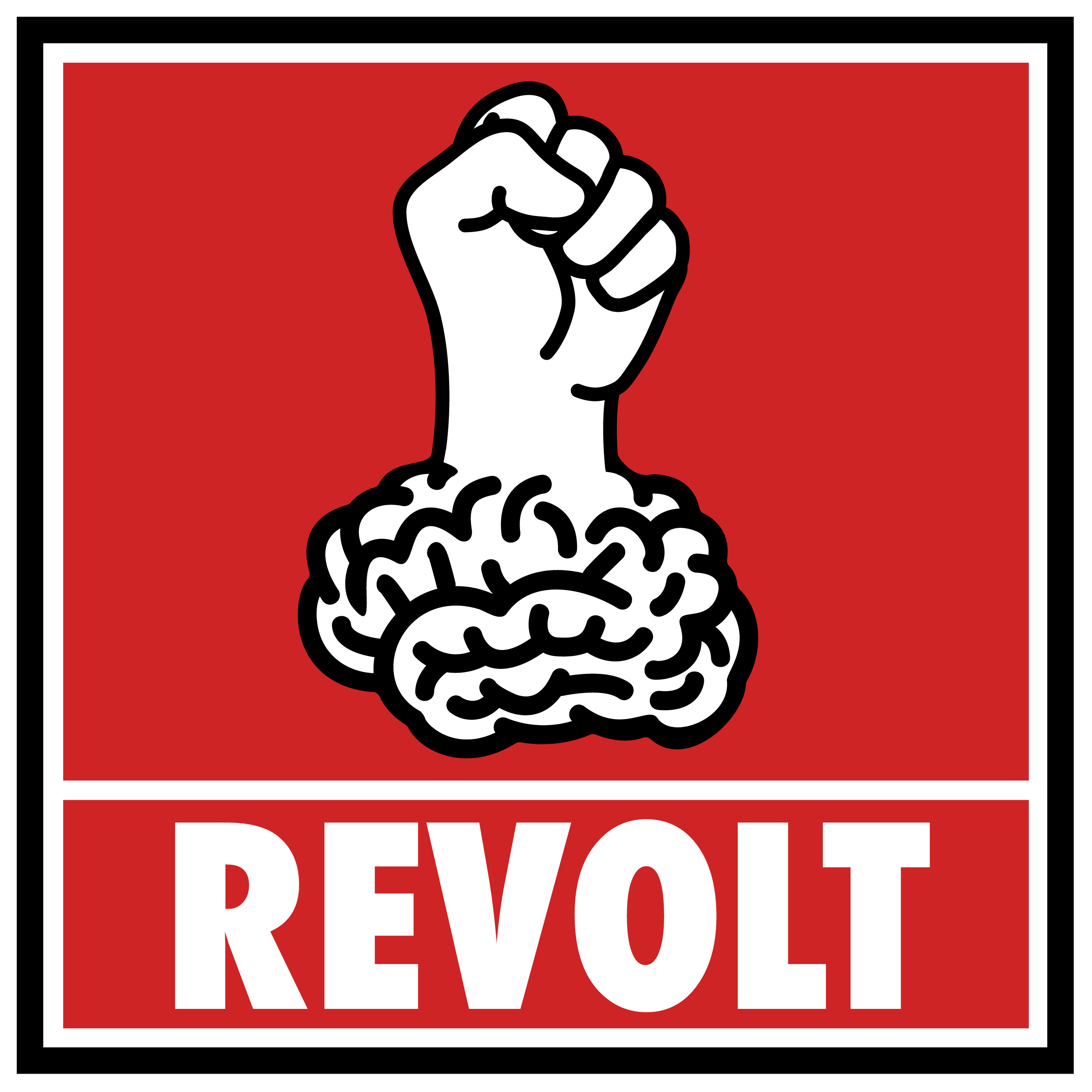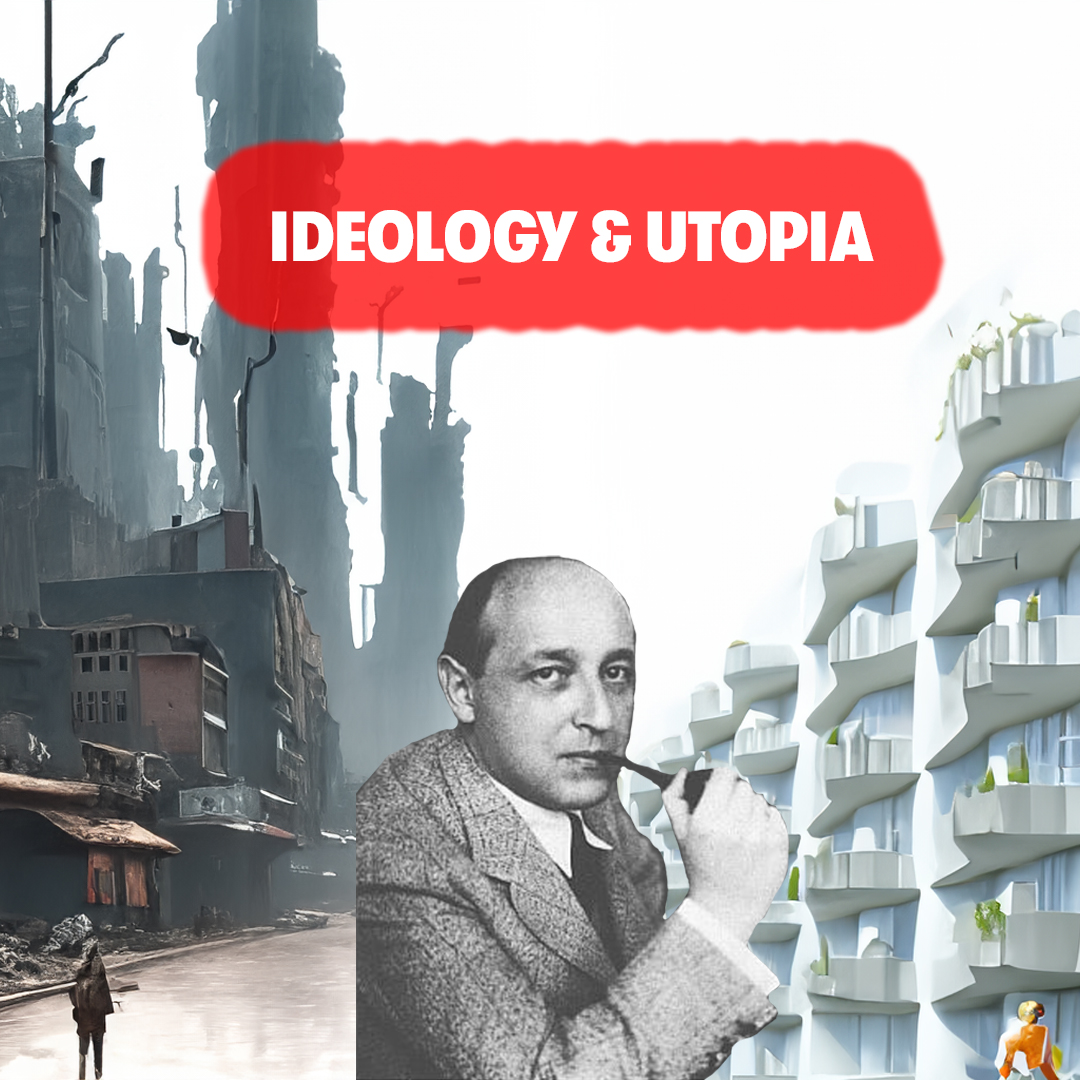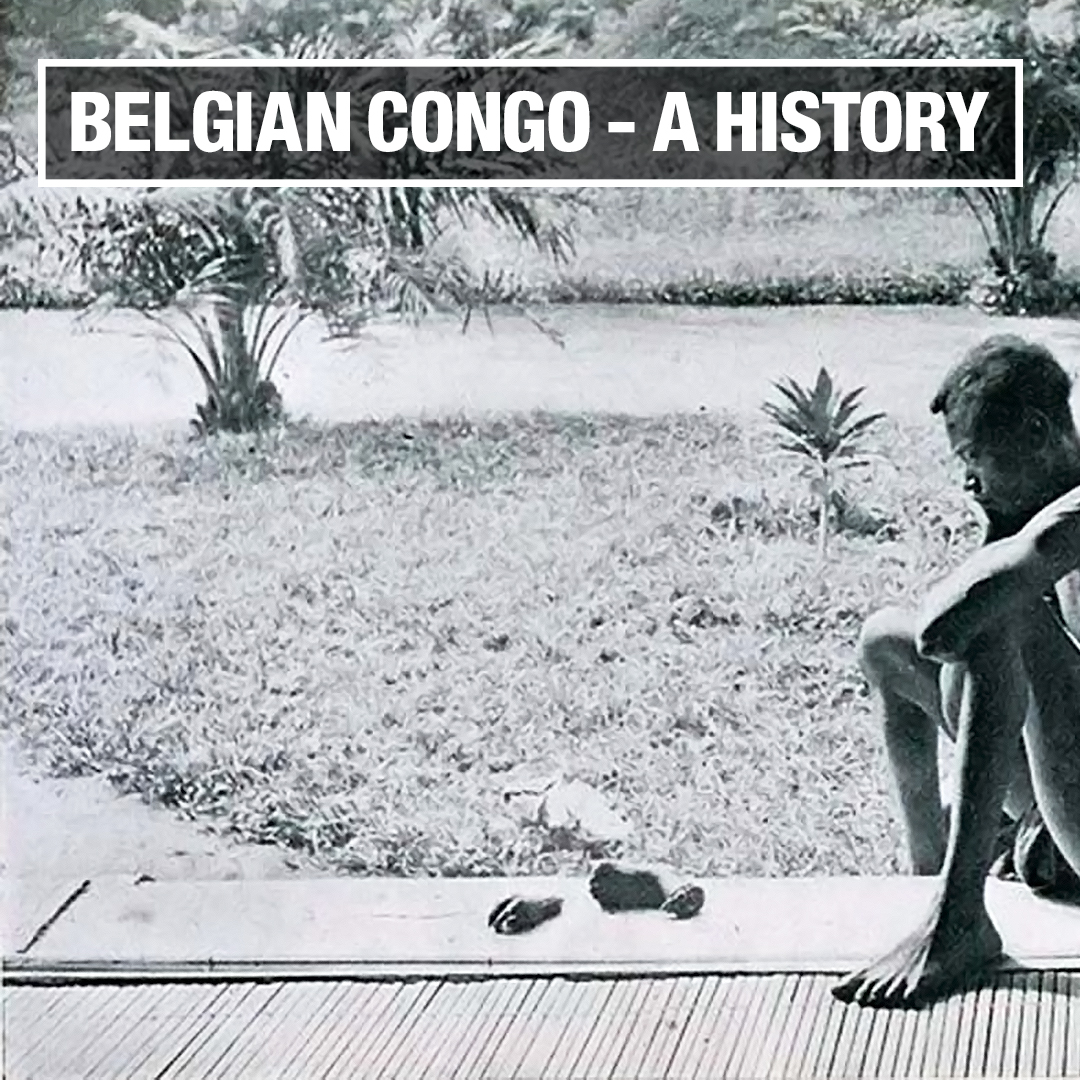Revolution and Ideology
History, Philosophy, Film, and Whatever Else We Feel Like Discussing
More Episodes

The Social Ideology of the Motorcar 🚗
We discuss the 1973 article “The Ideology of the Motorcar” by Andre Gorz.

Is Union Membership Worth More Than Going to College?
We discuss an article titled “The Cumulative Advantage of a Unionized Career for Lifetime Earnings” and discover whether or not you should join a union or go to college (or both!).

Quiet Quitting – Hegelian or Marxist?
Where does the act of quiet quitting fit into the context of a larger movement? Does it have the potential to make a real impact? Is it Marxist or Hegelian?

Is Every Act a Political Act?
As a short follow-up to our previous episode, we discuss whether or not every act is a political act. We briefly mention commodification, socialization, industrialization, technology, capitalism, religion, and more.
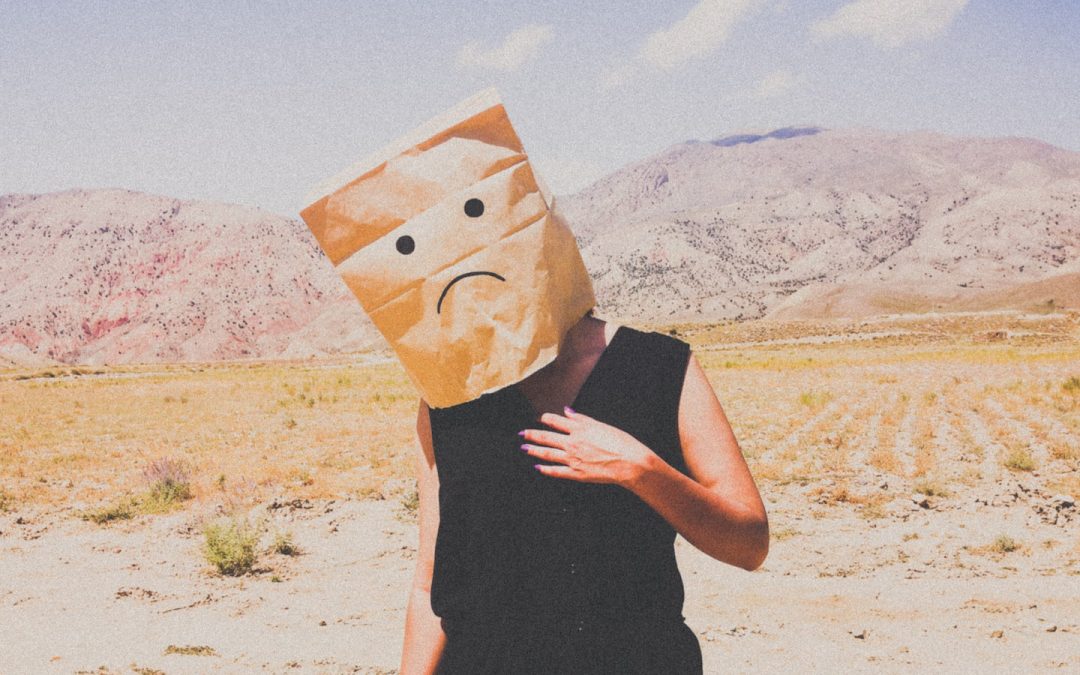
You Can’t Blame Everything on Capitalism
We loosely discuss a Gawker article by Clare Coffey titled “Failure to Cope Under Capitalism”.

Are Labor Strikes Illegal in the United States? The Taft-Hartley Act of 1947
We discuss a short history of labor strikes in the United States and how the federal government dramatically reduced the power of labor with the Taft-Hartley Act of 1947.

Black Wars in Tasmania – Genocide by Definition
We discuss the genocide of the Tasmanian Aboriginals in the nineteenth century.
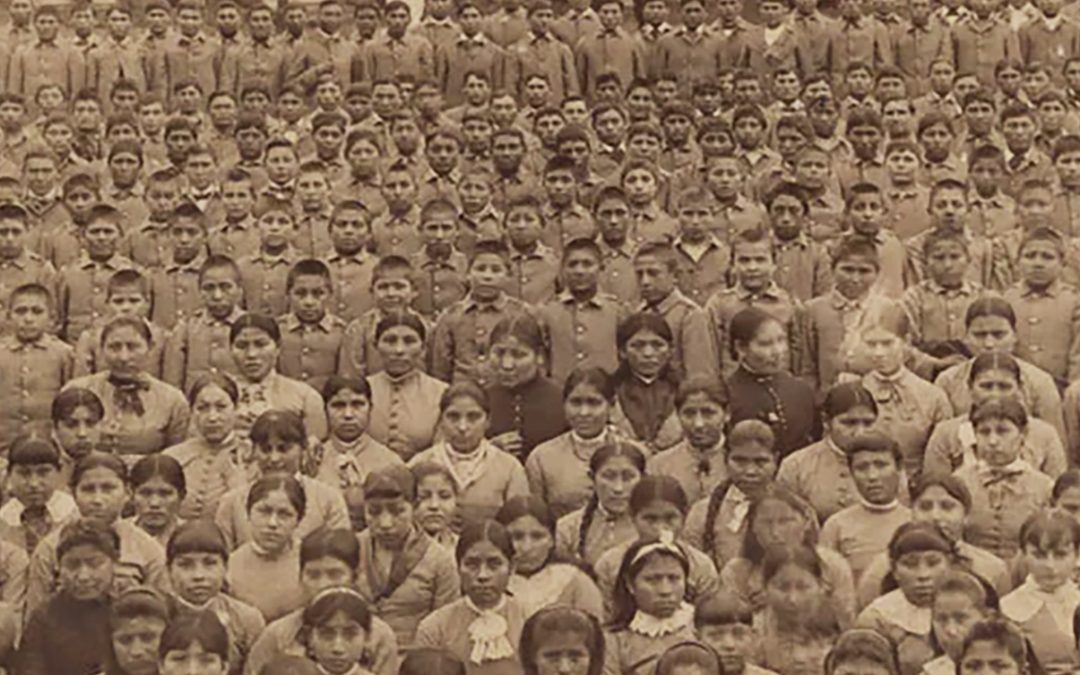
2022 Report on Indian Board Schools – U.S. Department of Interior
We discuss the recently published United States Department of the Interior Report on Native American Boarding Schools which discovered 431 Federal Indian Boarding Schools and discusses many of the atrocities which took place there.

Inspirations of the Harlem Renaissance
We sit down with musician and graduate student Ashley Ellis to discuss the Harlem Renaissance and its significance including artists such as Aaron Douglas, Archibald Motley, Langston Hughes, Zora Neale Hurston, Duke Ellington, Billie Holiday and others such as W.E.B. Du Bois and James Baldwin.

Prison – Can the System be Changed from the Inside?
Our friend and prison abolitionist Donte Young got a job at a youth detention facility and tried to change things from the inside. He provides an insightful, emotional, and at times chilling account of how things went.
